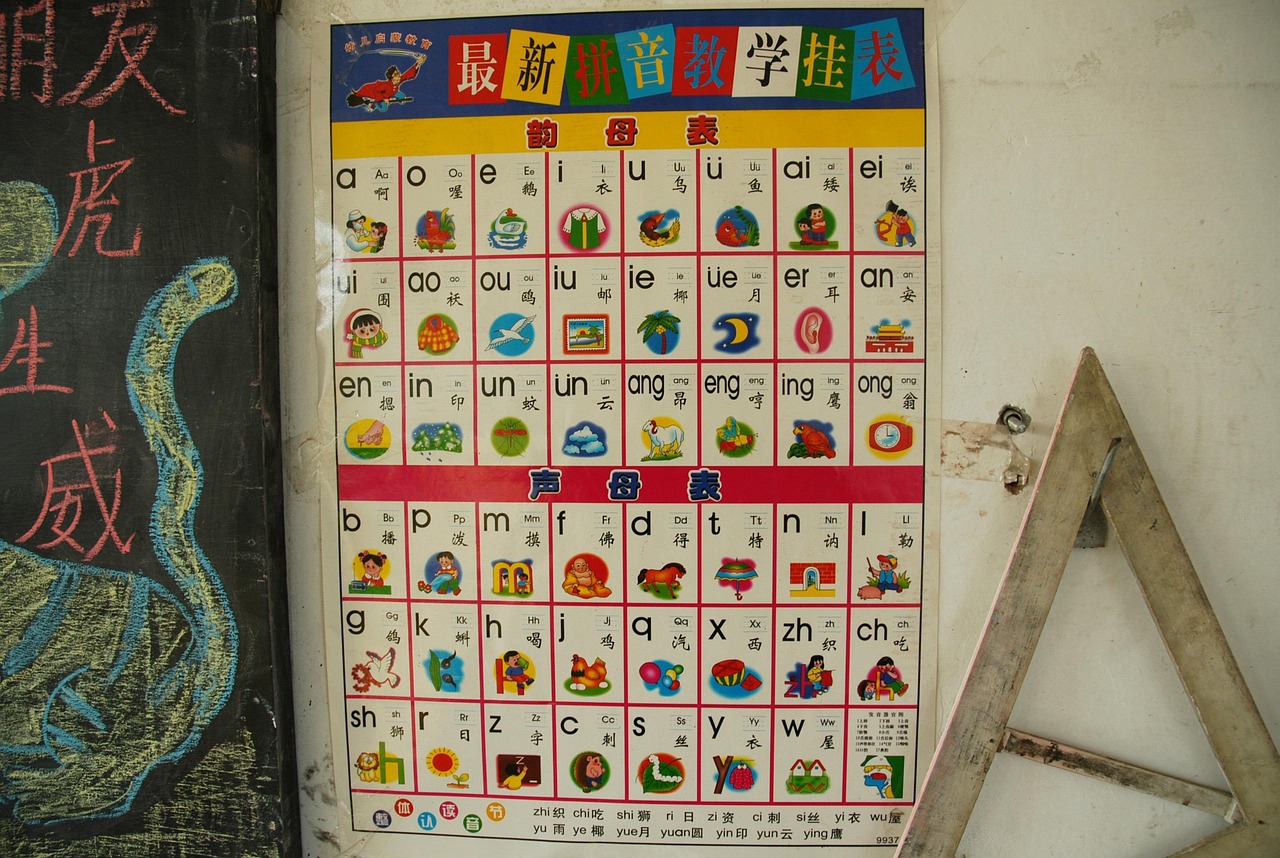Context and Issue
The McGovern-Dole (MGD) Results Framework informed the Food for Education project and associated assumptions about causal, hierarchical change pathways within a holistic Theory of Change (ToC). It sought to promote school-aged children's health, well-being, and education through integrated, multifaceted interventions, including school feeding, health interventions, water, sanitation, nutrition, and local production components, and a significant literacy program.
Solution
Children in the beneficiary districts speak one of several local Mozambican languages when they enter school, but they have traditionally been taught to read in Portuguese, the official national language. This impedes their acquisition of reading and writing skills and their more comprehensive education. In 133 of the 271 beneficiary schools, the program has provided materials to reinforce reading and writing skills for 1st-3rd grade children; 111 of these schools received materials in local languages (either Rhonga or Changana), and 22 received Portuguese. The teachers receive training in using the new methods, and reading coaches provide follow-up support to the trained teachers through school-based coaching and professional development. After-school clubs and educational and recreational materials kits are provided in the 271 schools benefiting from school feeding to promote an improved learning environment, enrolment, and attendance, focusing on ensuring gender parity.
Impact
Students tested in reading in local languages tended to perform better than those tested in Portuguese, and students tested in the language they spoke at home consistently outperformed those tested in a different language. 25.9% of the students tested met the national literacy benchmark, significantly improving from the midterm. Developing teaching and learning materials for the bilingual curriculum also led to sustainable capacity development as institutions and individuals supported by Cambridge Education 'learned by doing.' These materials are now the official MINEDH textbooks for literacy in Xichangana and Xirhonga and provide a model for adaptation in local languages in other provinces.












